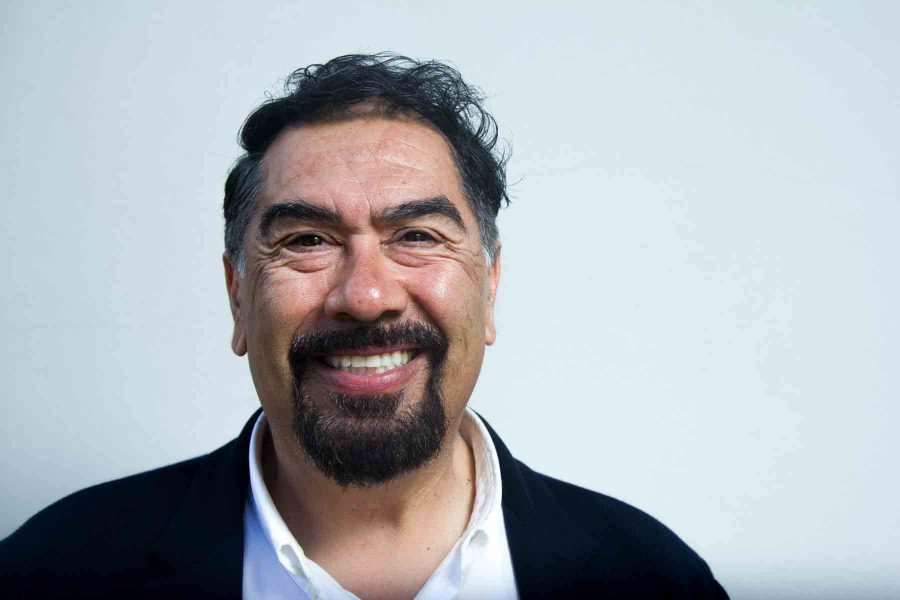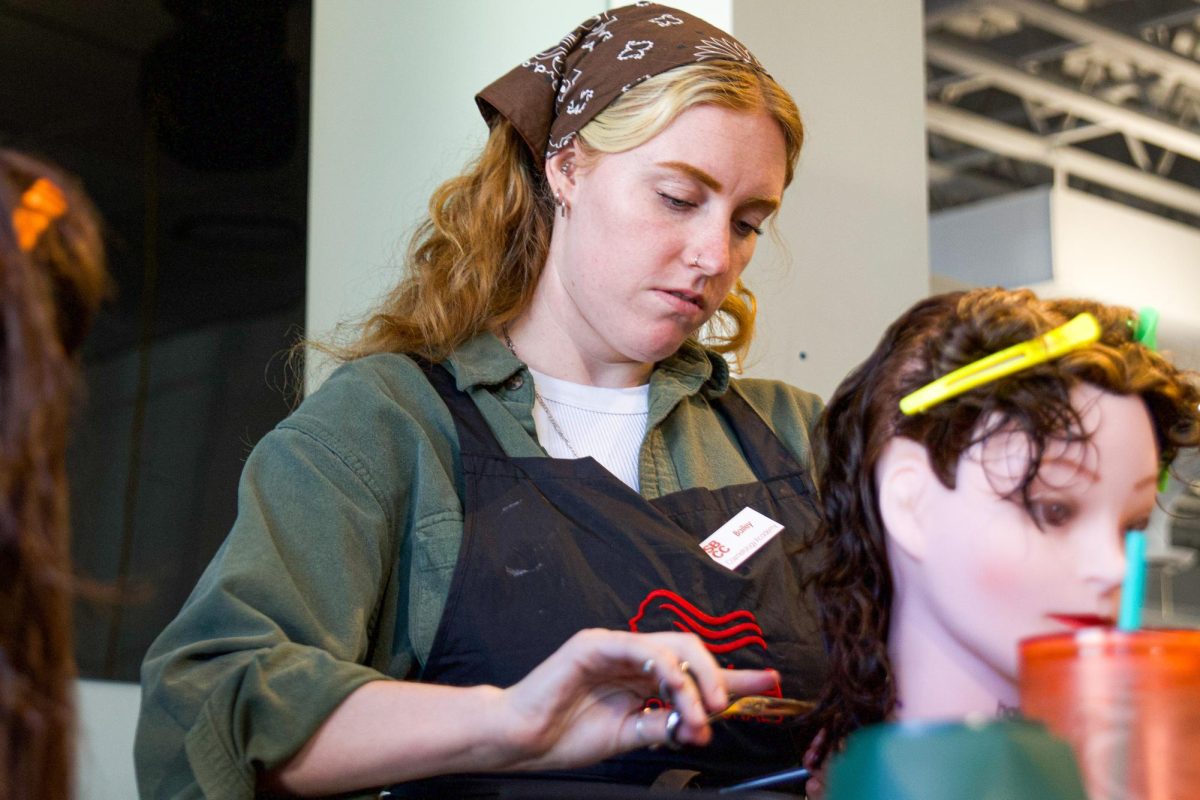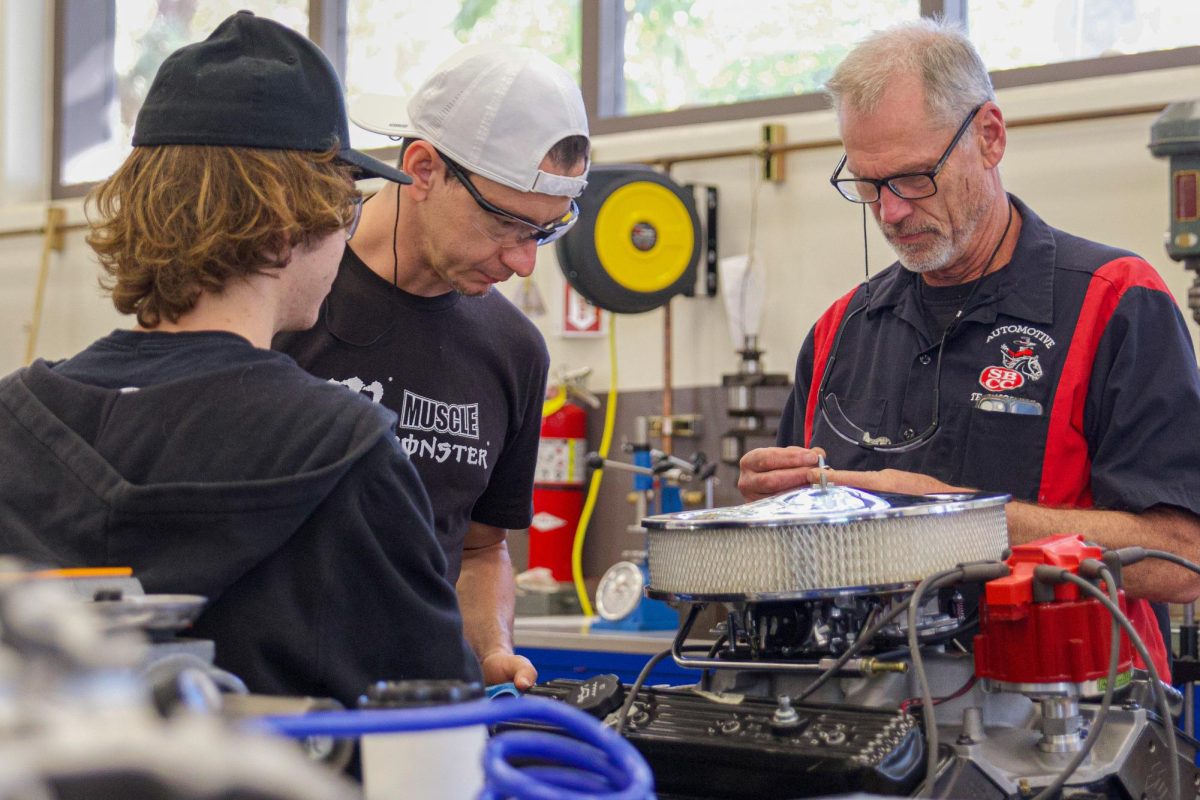Talk among political campaigns of “building a wall” only elevates the importance of Dr. Thomas Carrasco’s class, “Racism in America,” at City College this fall.
The class focuses on the history of racial discrimination faced by Africans, Chicanos, Irish and Asians in the United States. The class is rooted in history, supported by theories and modernized by weaving in current events in the media.
“My whole class is about how race does not exist, but racism does,” Carrasco said.
The class is apart of the sociology and American ethnic studies departments as Sociology 107 or American Ethnic Studies 107, “Racism in America.”
The class focuses first on working on a local stage, then moves to national and finally global stage of both historical and modern politics and economics. Carrasco said the class benefits all students by providing them with localized issues of race and class separation as well as a broader worldview.
Carrasco encourages open discussion in his classroom made up by students of different races and from various backgrounds.
“Many people have opinions, but I want to get them to have an informed analysis,” Carrasco said. “My main goal is to have students substantiate their claim both academically and intellectually.”
Carrasco describes himself as a proud Chicano who encourages students to embrace their differences as a positive rather than a negative. His teaching emphasizes being aware of what is what is going on in the world, for example racial discrimination in the political campaign.
“I want to advocate for Chicano studies,” said Maggie Hodgins, American ethnic studies and political science major. “There is accuracy in the history being taught from this class whereas U.S. history tends to be bias and inaccurate. It is a positive course; you hear it in a way that hasn’t been taught before.”
The class covers a variety of topics including racism in crime and punishment and the criminal justice system, color-blind racism and economics of the prison industry. It also discusses specific groups that have access to healthcare, education, housing and capital options.
Carrasco uses technology and mass media to tie in relevant current events, which is especially relevant considering the current presidential candidates.
Carrasco was born in Oxnard, California and later spent a year in Brazil.
“Overall I was curious to experience the world,” he said.
His experience gave him a critical outside perspective of America and inspired him to be the first in his family to complete college.
He then went on to earn a master’s degree in American ethnic studies from the UC Berkeley, and was among the first five people in the United States to receive a doctorate in Chicano studies from UC Santa Barbara.
“Your education is a business and I want to create active citizens with a broader perspective,” Carrasco said.
Carrasco is also involved with iPath, a program designed to target Hispanics and assist them in the transferring process.
Next semester, he will become department chair of the American ethnic studies department and continue teaching these classes at City College.








